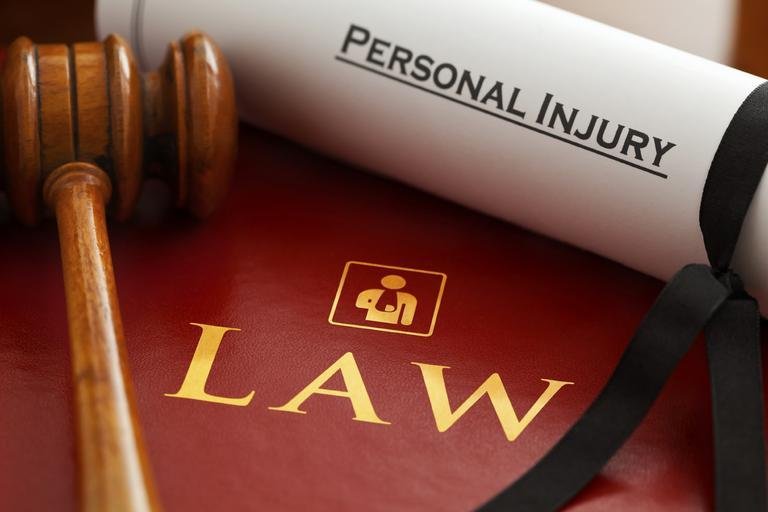
The Importance of Evidence in a Personal Injury Case
In personal injury law, evidence is the cornerstone of justice. It plays a vital role in ascertaining the outcome of a case and is indispensable in establishing liability and quantifying damages. Without compelling evidence, a personal injury case resembles a ship adrift in a vast ocean, lacking direction and purpose.
This article discusses the importance of collecting evidence for your personal injury case and explores how it can make or break the outcome.
In a personal injury case, proof encompasses various information and materials, including witness testimonies, medical records, accident reports, photographs, and expert opinions.
These components collectively serve the purpose of substantiating the claims made by the injured party and countering any defense arguments put forth by the opposing party.
Establishing Liability
Evidence is pivotal in establishing liability, which is the foundation of any personal injury case. To win a case, the plaintiff must prove that the defendant’s negligent or intentional actions caused the injury. This requires solid evidence that demonstrates the following:
- The respondent must owe a duty of care to the plaintiff (e.g., a driver’s responsibility to obey traffic laws).
- The defendant breached that duty (e.g., by running a red light or failing to maintain safe premises).
- The violation of duty directly led to the plaintiff’s injuries (causation).
Evidence such as accident reports, eyewitness testimonies, surveillance footage, and expert opinions can help establish liability.
Strengthening Negotiations
Resolving many personal injury cases involves negotiations with insurance companies before reaching the courtroom. In these negotiations, the strength of your evidence can make a substantial difference. Insurance adjusters assess the evidence you present to determine the value of your claim. The more compelling your evidence, the more likely you will secure a fair settlement.

Enhancing Credibility
The credibility of both parties involved in a personal injury case is critical. Evidence can enhance your credibility by providing a clear and consistent account of the events leading to the injury. On the other hand, a lack of evidence or conflicting evidence can erode your credibility and weaken your case.
Winning in Court
The case will proceed to trial if there is no agreement for settlement through negotiations. In a courtroom, evidence is paramount. Attorneys present evidence to a judge and jury to build a persuasive argument. This can include witness testimonies, documents, photographs, videos, and expert opinions. A solid body of evidence can tip the scales in your favor and lead to a favorable verdict.
Quantifying and Proving damages
Personal injury cases often involve claims for economic and non-economic damages. Economic damages encompass medical expenses, lost wages, and property damage, which can be accurately quantified using receipts, invoices, and financial records.
Non-economic damages entail pain and suffering, psychological distress, and loss of quality of life, which are less tangible but equally important. Evidence such as medical records, expert testimonies, and witness statements can help paint a comprehensive picture of these damages’ impact on the injured party’s life.
Counter Defenses
In addition to establishing liability and quantifying damages, evidence also serves the purpose of refuting defenses put forth by the opposing party. Insurance companies and defendants may attempt to shift blame or downplay the injuries to minimize their liability. In such cases, evidence becomes the plaintiff’s armor, providing a solid counterargument and reinforcing the claim’s validity.
Wrapping Up
Evidence is the bedrock of a personal injury case, shaping its trajectory and ultimately determining its outcome. When an injury occurs, preserving and collecting evidence should be a top priority for anyone seeking compensation. Remember to consult an experienced personal injury lawyer to get assistance in navigating the intricacies of gathering and presenting evidence to ensure the best possible outcome for your case.




